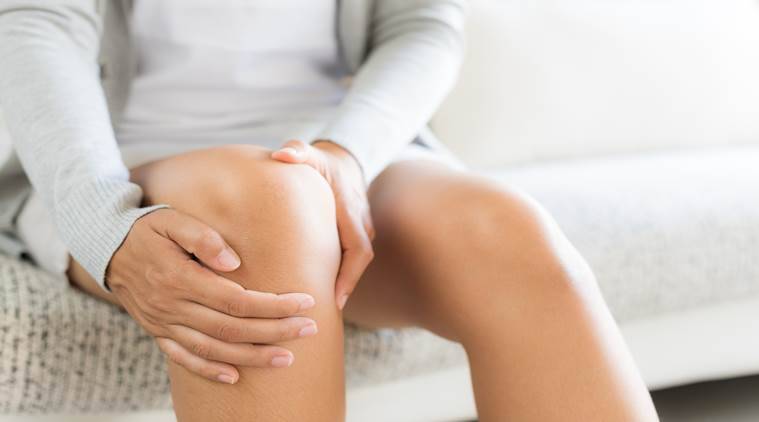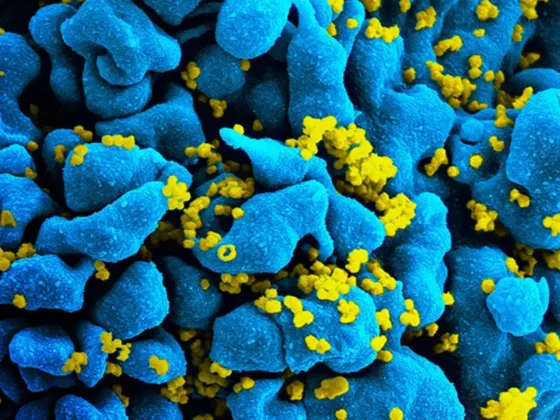It is seen that after menopause your ovaries make very little of the hormone estrogen which helps to protect bone density. However, some women tend to lose up to 25% of bone mass in the first 10 years after menopause.
It may be true or not but the fact is women are more likely to suffer from osteoporosis than men are, which has been established through scientific studies through the years. It is a serious medical condition when your bones begin to lose density as you age.
Women tend to have smaller, thinner bones than men. Estrogen, a hormone in women that protects bones, decreases sharply when women reach menopause, causing further bone loss.
However, osteoporosis affects mostly older women, but the prevention should start when you are younger. No matter your age, you can take steps to build bone mass and prevent bone loss. This proactive intervention will help you avert a major disability-causing mishap.
Why do you need to take care of your bones?
 Dr. Umesh Shetty, Sr. Orthopedic Surgeon and Director, AXIS Hospital, Mumbai said, “Bones are the protecting structure in your body. They protect your organs and anchor your muscles. They also provide structure to your body. Women have thinner and smaller bones than men. And when women reach menopause the estrogen hormone (that protects bones) decreases that results in bone loss. So, women need to take care of their bones as they reach the adult stage.”
Dr. Umesh Shetty, Sr. Orthopedic Surgeon and Director, AXIS Hospital, Mumbai said, “Bones are the protecting structure in your body. They protect your organs and anchor your muscles. They also provide structure to your body. Women have thinner and smaller bones than men. And when women reach menopause the estrogen hormone (that protects bones) decreases that results in bone loss. So, women need to take care of their bones as they reach the adult stage.”
How you can build your bones naturally?
You can start taking care of your bone health from an early teen or if you are a young adult. Avoid low-calorie food, indulge in strength training, eat lots of vegetables because they are good for your bones. Maintain a healthy weight. Make sure your intake of vitamin D and vitamin K is sufficient, said Dr. Shetty.
What are some tips to avert fractures after menopause?
Dr. Shetty further said, Indulge in a good diet that is rich in calcium. Do some balancing exercise along with strength training. It helps you to avoid falls and breaking bones. There are also medical treatments such as hormone replacement therapy that replaces estrogen that is lost after menopause.











